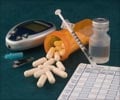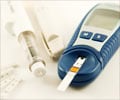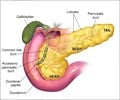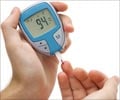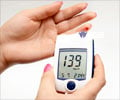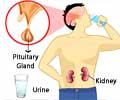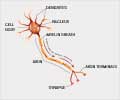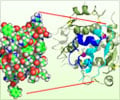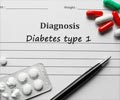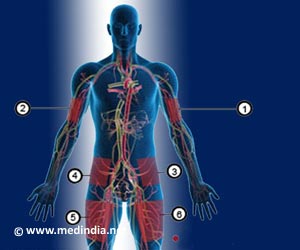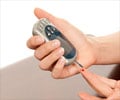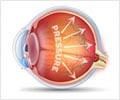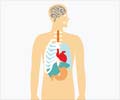Frequently Asked Questions
1. How to identify gestational diabetes?Several symptoms are associated with the disease and they may vary from patient to patient. Increased thirst and urination, weight loss despite of increased appetite, frequent infections including bladder, vaginal, and skin are among the symptoms.
2. How insulin helps diabetes?
Insulin lowers blood sugar by allowing it to leave the blood stream and enter the cells. People with type I diabetes cannot make their own insulin in the body and must take insulin injections to meet the regular requirement. They can survive without insulin injections, but many may take insulin injections to control blood glucose levels more effectively. Insulin is taken as an injection. Patients who need insulin is taught to give his/her injections themselves.
In type II diabetes, the patient's body makes insulin, but is not able to use it effectively. They use medicines to control blood sugar in the form of pills, usually once or twice a day. These medicines work by preventing the body from sending sugar into the bloodstream when the naturally produced insulin is not working properly, releasing more Insulin into the bloodstream, and helping the body's own insulin move glucose from the bloodstream into the cells. Some people need insulin in addition to oral medicines. Some people no longer need medicines if they lose weight because their own insulin output is sufficient after reducing weight, fat, and sugar.
Insulin is taken as an injection. It is not available in tablet form.
3. What to eat when your blood sugar level is not normal?
Diet planning for diabetes includes choosing healthy foods, eating the right amount of food at the right time. Meal plans differ depending on the type of diabetes.
In insulin-dependent diabetes (Type I), following a fixed time daily to eat and the amounts and kind of food eaten is very important to allow food and insulin to work together to regulate blood glucose levels. If meals and insulin are out of balance, extreme variations in blood glucose can occur.
In Non insulin-dependent diabetes (Type II), weight control is the most important principle in addition to a well-balanced diet. The doctor and dietician will help you to chalk out a diet plan to follow.
4. What happens if you miss a dose of insulin?
In insulin-dependent diabetics when a dose of insulin is missed or if infection is present, weakness, drowsiness, headache, double vision, lack of coordination and convulsions or unconsciousness can occur.
5. Why diabetics should give more care to their feet?
People with diabetes are prone to foot problems because of complications caused by damage to large and small blood vessels and nerves, and decreased ability to fight infection. To prevent injury to the feet, diabetics should regularly checkup their feet.
6. Do sugars cause diabetes?
So far the researchers do not know why diabetes occurs, but they know sugars do not cause it. During physical activity, they are the main energy source.
Diabetes is a disorder in the way the body handles sugars. People with diabetes do not make enough insulin. Or they cannot use the insulin their bodies do make.





